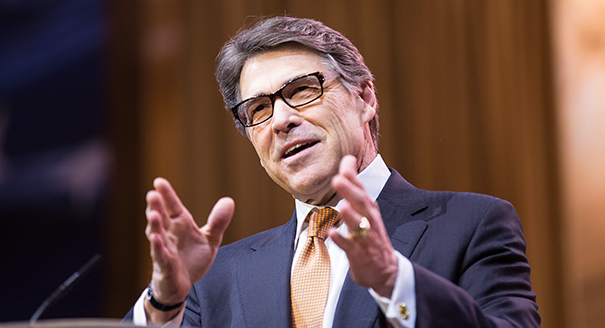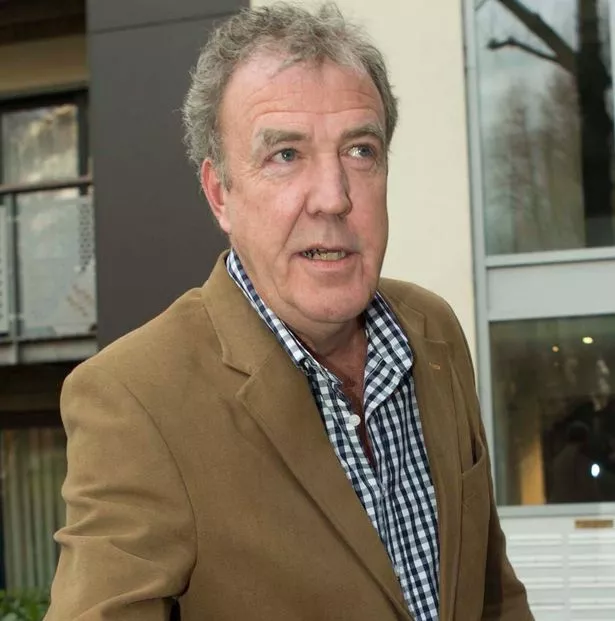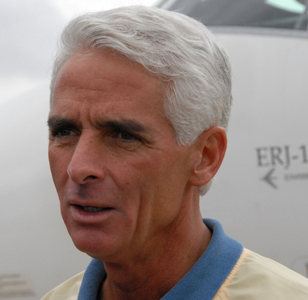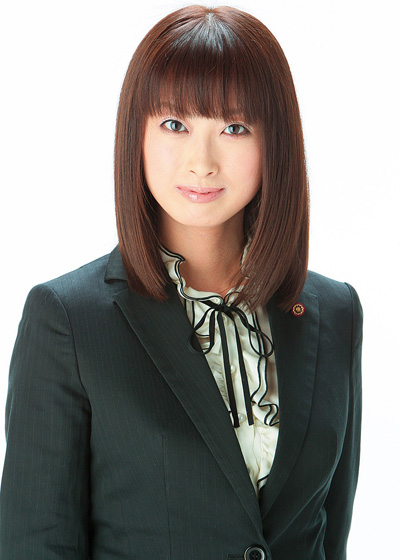Chapter XIV
Asami
Banned
Qilai! Qilai!
A History of Modern China and the World

Liu Yandong (Democratic League)
February 2008 - February 2014
Part II: The New Stability
"The Iron Lady"
A History of Modern China and the World

Liu Yandong (Democratic League)
February 2008 - February 2014
Part II: The New Stability
"The Iron Lady"
The remainder of Liu Yandong's tenure as Chairwoman were uneventful, surprisingly. After the chaos of the Orange Revolution and the ensuing peace crisis, the world settled back into a malaise. New power blocs began to take shape, as the Levantine Confederation banded together with over a dozen African regimes to form the Neutrality Compact, a group of nations adhering to stay away from Europe, China, America and the Soviet Union's pockets. As a result, they were relatively trusted amongst nations to be impartial, and uphold some level of decency. Similarly, shortly before the EF agreement took place in Europe, the Nordic Council was formed between Denmark, Norway and Sweden, which rejected union with Europe, and instead piloted their own way. Denmark was happy to do so, as it meant no longer being fearful of Germany invading Jylland.
Despite the abject fear of an incoming war, France, Belgium, the Netherlands, Spain, Portugal, Switzerland, Italy and Luxembourg all unified together at midnight on January 1, 2010. Tunisia and Morocco, being disenfranchised from the European alliance by the growing chaos at home, and the bidding of the leftists in the state, opted instead to join into the Levantine Confederation and their growing alliance as full members of the Confederation. So as Europe created a new 'normalcy' that seemed to be willing to stand the test of time, the remainder of Europe continued her inevitable march towards progress.
But China, China was still in the throes of an economic boom worth salivating over. The new Pan-Pacific economy was a juggernaut, and China was, by 2010, just shy of American levels of development in the more "core regions". In the outremer, such as Mongolia, Turkestan, and Tibet... not so much. The government was having issues getting essential services out into that part of the country. Chinese engineers began to experiment with early drone technology that would aid in delivering goods to the isolated regions of China, but the progress was not as quick as they would have liked. China soon utilized the assistance of their client states in Nepal, Bhutan, Bengal and Hindustan to get materials and goods up into the mountains of Tibet, and got Soviet aid to help deliver goods to the Turkestani in Xinjiang. The humanitarian situation in China there after improved, and the quality of life went up again.
That was not to say it was completely fine. The Mongols were always restless, as were the Turks--those two ethnic groups, more so than any other, wanted their independence back from Beijing, whom had them captive and by the balls. Beijing was absolutely adamant in not allowing either state to go free. For the first time since the 19th century, China had been whole again. Every territory that had belonged to the late Qing Dynasty had been returned to Chinese control--from Taiwan, to Mongolia, to Hong Kong and Macau. China was prosperous and happy, and Liu was satisfied with that development. It had not stopped many Communist Party bureaucrats from complaining that this was not what Comrade Mao had envisioned for China, but nobody took Maoism seriously anymore. After Madame Mao's catastrophic reign, and the overwhelming benefits that 'Deng Xiaoping Thought' had created for China in the 20th and 21st centuries, nobody gave a shit about Maoism.
A series of powerful typhoons battered China's coastline in early 2012, forcing the Chinese president to institute emergency relief packages for the flooded coastal provinces. While China had avoided horrendous construction projects, there were numerous dams and dykes across the Yangtze Valley that, if left unchecked and unmaintained, could spell disaster. In late 2012, Liu created the National Board for Infrastructure Integrity, and assigned several high profile academics, engineers and architects to the board to begin investigating all of China's roadways, dykes, dams, trainways and ports, to ensure that nothing catastrophic would take place.
From March 2009 to February 2014, Chinese people have begun to refer to it as 'The New Stability'. In the post-European unification age, many people were anxious of the growing feelings of cold war between the Populist power, and the Democratic powers. However, Liu had navigated China into a climate where she had no enemies on her flanks, and was literally surrounded by comrades in arms. In a meeting in early 2013, Chairwoman Liu, Prime Minister Tadatomo Yoshida of Japan, and President Kim Jong-il were photographed laughing and enjoying each other's presence. The image went viral on the internet, showing how, in less than a century, some of the most horrendous wounds of war could be healed with a little time, faith and trust. Liu was delighted by the image's popularity, and said that 'in an era where things can become so uncertain so fast, to learn to trust again, and to learn to care for one another is a major step in the right direction to give our children a world worth living in.'
She departed office in February 2014. China's economy was slowing down as it was reaching the 'point of normalcy' where no more major excessive growth could be mustered, but China remained a robust economy for years to come, and she had faith that the man who would succeed her would do the office great justice. That man was Jiang Weiwei, a political activist and artist from Beijing. Many were nervous, as the man had little experience in running much of anything, but were willing to take a chance on a man whom up till now, had a relatively clean record. However, the limelight of public office was a cruel beast, and nobody knew what lay in the man's closet.
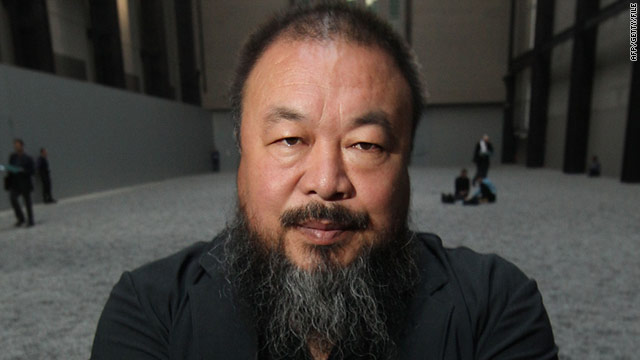
Jiang Weiwei, the next Chairman of the People's Republic of China
Member of the Revolutionary Kuomintang
Despite the abject fear of an incoming war, France, Belgium, the Netherlands, Spain, Portugal, Switzerland, Italy and Luxembourg all unified together at midnight on January 1, 2010. Tunisia and Morocco, being disenfranchised from the European alliance by the growing chaos at home, and the bidding of the leftists in the state, opted instead to join into the Levantine Confederation and their growing alliance as full members of the Confederation. So as Europe created a new 'normalcy' that seemed to be willing to stand the test of time, the remainder of Europe continued her inevitable march towards progress.
But China, China was still in the throes of an economic boom worth salivating over. The new Pan-Pacific economy was a juggernaut, and China was, by 2010, just shy of American levels of development in the more "core regions". In the outremer, such as Mongolia, Turkestan, and Tibet... not so much. The government was having issues getting essential services out into that part of the country. Chinese engineers began to experiment with early drone technology that would aid in delivering goods to the isolated regions of China, but the progress was not as quick as they would have liked. China soon utilized the assistance of their client states in Nepal, Bhutan, Bengal and Hindustan to get materials and goods up into the mountains of Tibet, and got Soviet aid to help deliver goods to the Turkestani in Xinjiang. The humanitarian situation in China there after improved, and the quality of life went up again.
That was not to say it was completely fine. The Mongols were always restless, as were the Turks--those two ethnic groups, more so than any other, wanted their independence back from Beijing, whom had them captive and by the balls. Beijing was absolutely adamant in not allowing either state to go free. For the first time since the 19th century, China had been whole again. Every territory that had belonged to the late Qing Dynasty had been returned to Chinese control--from Taiwan, to Mongolia, to Hong Kong and Macau. China was prosperous and happy, and Liu was satisfied with that development. It had not stopped many Communist Party bureaucrats from complaining that this was not what Comrade Mao had envisioned for China, but nobody took Maoism seriously anymore. After Madame Mao's catastrophic reign, and the overwhelming benefits that 'Deng Xiaoping Thought' had created for China in the 20th and 21st centuries, nobody gave a shit about Maoism.
A series of powerful typhoons battered China's coastline in early 2012, forcing the Chinese president to institute emergency relief packages for the flooded coastal provinces. While China had avoided horrendous construction projects, there were numerous dams and dykes across the Yangtze Valley that, if left unchecked and unmaintained, could spell disaster. In late 2012, Liu created the National Board for Infrastructure Integrity, and assigned several high profile academics, engineers and architects to the board to begin investigating all of China's roadways, dykes, dams, trainways and ports, to ensure that nothing catastrophic would take place.
From March 2009 to February 2014, Chinese people have begun to refer to it as 'The New Stability'. In the post-European unification age, many people were anxious of the growing feelings of cold war between the Populist power, and the Democratic powers. However, Liu had navigated China into a climate where she had no enemies on her flanks, and was literally surrounded by comrades in arms. In a meeting in early 2013, Chairwoman Liu, Prime Minister Tadatomo Yoshida of Japan, and President Kim Jong-il were photographed laughing and enjoying each other's presence. The image went viral on the internet, showing how, in less than a century, some of the most horrendous wounds of war could be healed with a little time, faith and trust. Liu was delighted by the image's popularity, and said that 'in an era where things can become so uncertain so fast, to learn to trust again, and to learn to care for one another is a major step in the right direction to give our children a world worth living in.'
She departed office in February 2014. China's economy was slowing down as it was reaching the 'point of normalcy' where no more major excessive growth could be mustered, but China remained a robust economy for years to come, and she had faith that the man who would succeed her would do the office great justice. That man was Jiang Weiwei, a political activist and artist from Beijing. Many were nervous, as the man had little experience in running much of anything, but were willing to take a chance on a man whom up till now, had a relatively clean record. However, the limelight of public office was a cruel beast, and nobody knew what lay in the man's closet.

Jiang Weiwei, the next Chairman of the People's Republic of China
Member of the Revolutionary Kuomintang
Last edited:

